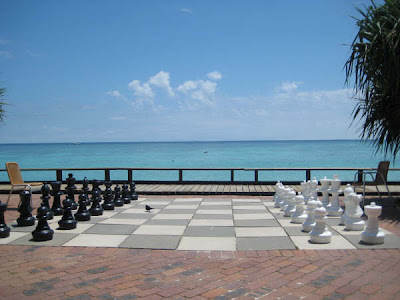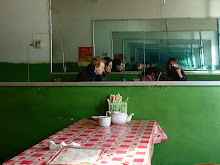
This is the first part of my interview with Jarry. Whilst we have never met in person, I was interested in interviewing him after hearing that he had been involved in several volunteer projects, including work for the City of Melbourne. In the above photo, Jarry is the centre of attention, or, as he so eloquently puts it: 千夫所指.
There are many reasons students from China choose to pursue their studies abroad, what do you think are the three most important?
Increasing experience: Stemming from a fondness of Western culture, students are driven to go overseas and experience life here first hand.
Improving English: Achieving a good standard of English whilst living in China requires a huge amount of work, whereas living overseas is a more efficient way to improve one’s English level.
Challenging oneself: Admittedly there are a lot of stresses and difficulties associated with leaving one’s home country, but one by one, I hope to optimistically surmount all of them.
And what about those students who don’t come, what lies behind their decision to stay in China?
Most families cannot sufficiently bear the expenses associated with foreign study. However in these situations, students with good enough grades can still apply for scholarships. There is also a percentage of students who simply don’t want to go overseas. They prefer living a quiet life, and have other pursuits.
Was Australia your first choice?
Australia was my first choice. My English isn’t great and whilst there is no doubt that schools in America are excellent, from my perspective the entry threshold was just a little too high.
Out of Australia and England I selected Australia. This is because I’d like to get some overseas work experience and Australia gives people the opportunity to immigrate. After graduating in Australia, the chances of finding work here are relatively easy. Also, the majority of postgraduate courses in England only go for one year, and this seems too short.
Finally, do you believe that overseas students in Melbourne are satisfied with their experience here?
From my understanding they don’t seem to be very satisfied. The most important reason is because they are lonely, and also they find themselves unable to really immerse themselves in English speaking environments.







